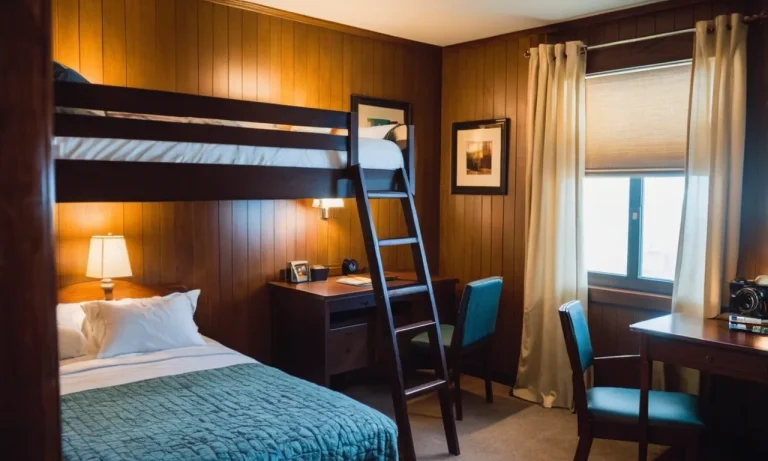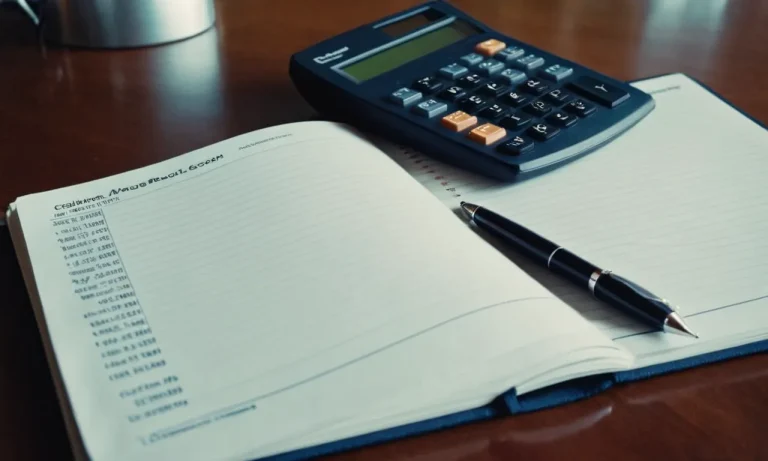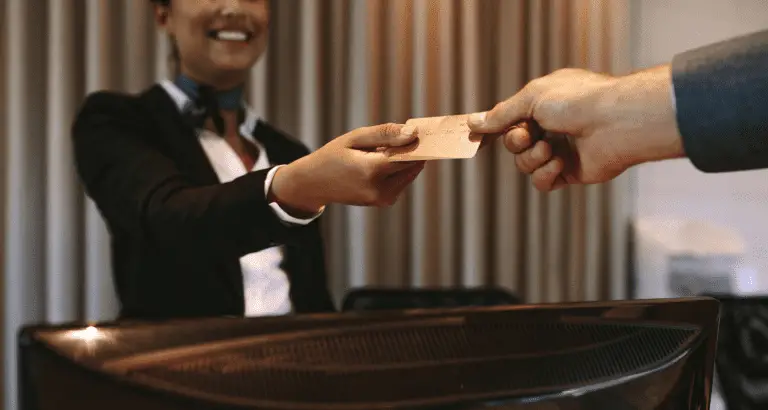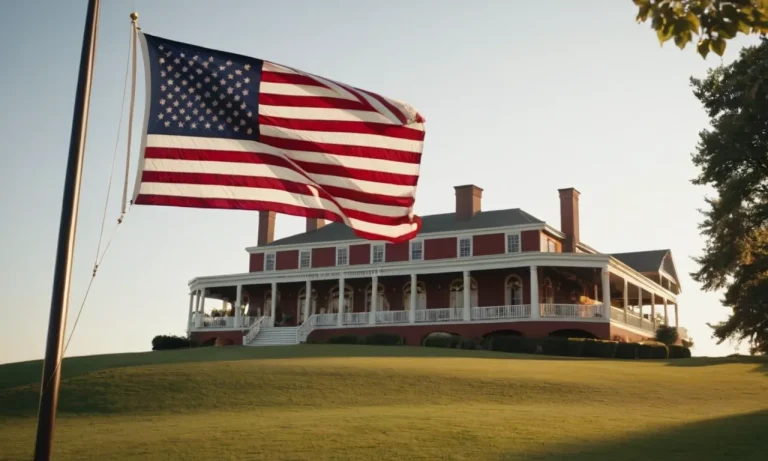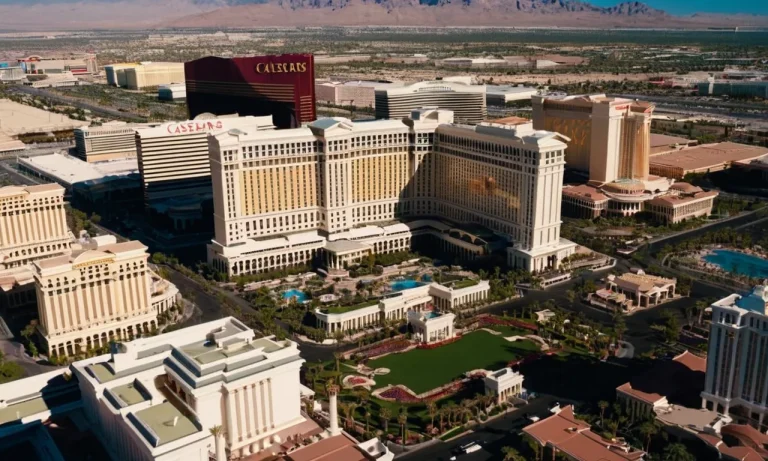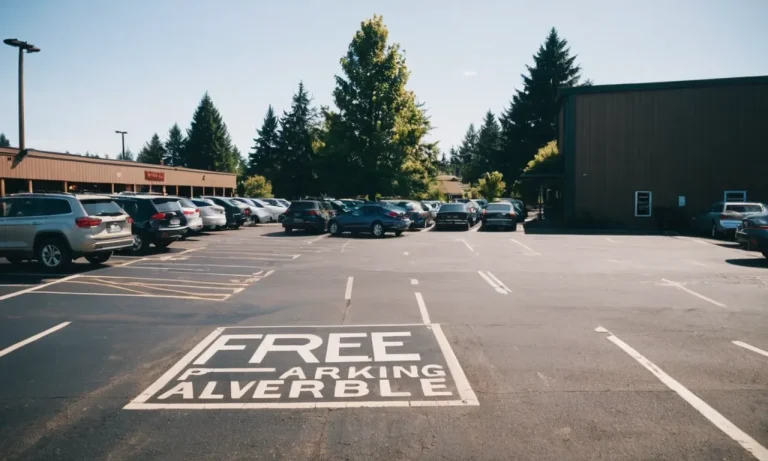Can You Drink Tap Water In Boston Hotels? A Comprehensive Guide
When traveling to a new city, one of the most common concerns is the safety and quality of the tap water. For visitors to Boston, the question of whether they can drink tap water in hotels is a valid one. After all, no one wants to risk their health or ruin their vacation with a bout of illness.
If you’re short on time, here’s a quick answer to your question: Yes, you can generally drink tap water in Boston hotels without any major concerns. The city’s water supply is well-regulated and meets all federal and state standards for safe drinking water.
However, there’s more to this topic than a simple yes or no answer. In this comprehensive guide, we’ll delve into the details of Boston’s water quality, explore any potential risks, and provide tips for ensuring a safe and enjoyable stay in the city’s hotels.
Boston’s Water Supply and Quality
Boston’s tap water is supplied and managed by the Boston Water and Sewer Commission (BWSC), a public agency responsible for delivering clean and safe drinking water to the city’s residents and visitors.
With a commitment to quality and sustainability, the BWSC ensures that the water you drink in Boston hotels meets or exceeds all state and federal regulations.
Overview of the Boston Water and Sewer Commission
Established in 1977, the Boston Water and Sewer Commission is a non-profit, public agency that provides water and sewer services to over 92,000 service connections in the Boston area. The BWSC is responsible for maintaining and upgrading the city’s water distribution system, which includes over 1,000 miles of pipes, as well as the treatment and distribution of drinking water.
Water Treatment Process
Boston’s drinking water is sourced from the Quabbin and Wachusett Reservoirs, located in central Massachusetts. The water undergoes a rigorous treatment process to ensure its safety and quality. Here’s a brief overview of the steps involved:
- Ozonation: Ozone is used to disinfect the water and remove organic compounds.
- Filtration: The water passes through a series of filters to remove particles and microorganisms.
- Disinfection: Chlorine is added to the water to kill any remaining pathogens.
- Fluoridation: Fluoride is added to promote dental health.
This multi-step process ensures that Boston’s tap water meets or exceeds all Environmental Protection Agency (EPA) and Massachusetts Department of Environmental Protection (MassDEP) standards for drinking water quality.
Compliance with Regulations
The BWSC is committed to providing safe and clean drinking water to its customers. To ensure compliance with regulations, the agency conducts over 300,000 tests annually to monitor water quality. The water is tested for various contaminants, including bacteria, lead, and disinfection byproducts.
The BWSC also publishes an annual Consumer Confidence Report that details the quality of Boston’s drinking water and any potential health concerns.
So, can you drink tap water in Boston hotels? Absolutely! 😊 The city’s tap water is safe, clean, and rigorously tested to meet or exceed all regulatory standards. By choosing to drink tap water during your stay in Boston, you’re not only staying hydrated but also supporting the city’s efforts towards sustainability and environmental conservation.
Cheers to clean water! 🥂
Potential Risks and Concerns
While Boston’s tap water is generally considered safe to drink, there are a few potential risks and concerns that visitors staying in hotels should be aware of. These include lead contamination, aging infrastructure, and taste and odor issues.
Lead Contamination
One of the primary concerns regarding tap water in Boston hotels is the potential for lead contamination. According to the Environmental Protection Agency (EPA), lead can enter drinking water through corrosion of plumbing materials containing lead, such as pipes, solder, and fixtures.
Exposure to lead can cause serious health problems, especially for pregnant women and young children.
While Boston has made significant efforts to address lead contamination, some older buildings, including hotels, may still have lead pipes or lead-containing plumbing materials. The Massachusetts Department of Environmental Protection recommends flushing the tap for 30 seconds to 2 minutes before using water for drinking or cooking, especially if the water has been sitting in the pipes for several hours.
Aging Infrastructure
Boston’s water infrastructure is aging, with some pipes dating back to the late 19th century. As pipes age, they can become corroded, leading to potential leaks and contamination. According to a report by The Boston Globe, the city has been working to replace aging pipes, but the process is costly and time-consuming.
Aging infrastructure can also contribute to taste and odor issues, as well as potential water discoloration. While these issues are generally aesthetic and not necessarily a health concern, they can be off-putting for hotel guests who expect clean, fresh-tasting water.
Taste and Odor Issues
Even if the tap water in Boston hotels meets safety standards, some visitors may find the taste or odor unpleasant. This can be due to a variety of factors, including the water treatment process, the presence of chlorine or other disinfectants, and the minerals or organic matter present in the water source.
According to a water quality report by the Boston Water and Sewer Commission, the city’s tap water can sometimes have a slightly musty or earthy taste or odor, particularly during the warmer months. While this is generally not a health concern, it may prompt some hotel guests to opt for bottled water instead.
To address these potential risks and concerns, many Boston hotels provide complimentary bottled water or offer filtered water stations for guests who prefer an alternative to tap water. However, it’s always a good idea to check with your hotel about the quality and safety of their tap water before consuming it.
Hotel Water Quality Measures
When it comes to drinking tap water in Boston hotels, guests can rest assured that stringent measures are in place to ensure its safety and quality. Hotels in the city prioritize the well-being of their patrons and take various steps to maintain high standards of water purity.
Filtration Systems
Many hotels in Boston have implemented advanced filtration systems to remove impurities and contaminants from the water supply. These systems often incorporate multiple stages of filtration, including sediment filters, activated carbon filters, and reverse osmosis membranes.
This multi-barrier approach effectively removes a wide range of contaminants, such as chlorine, lead, bacteria, and other harmful substances, resulting in clean, refreshing water for guests to enjoy. According to a study by the Environmental Protection Agency (EPA), hotels with proper filtration systems can reduce contaminant levels by up to 99%.
Regular Testing
In addition to filtration systems, hotels in Boston conduct regular water quality testing to ensure compliance with local and federal regulations. These tests are typically performed by certified laboratories and cover a range of parameters, including pH levels, turbidity, and the presence of harmful microorganisms.
The results are carefully analyzed, and any deviations from acceptable standards are promptly addressed. Many hotels even go the extra mile by conducting more frequent tests than required, demonstrating their commitment to providing safe drinking water for their guests.
According to a survey by the American Hotel & Lodging Association, 92% of hotels in major cities like Boston conduct water quality testing at least quarterly.
Bottled Water Availability
While hotels strive to provide safe tap water, they also recognize that some guests may prefer bottled water for personal reasons or peace of mind. As a result, most hotels in Boston offer complimentary bottled water in guest rooms or have it readily available for purchase.
This ensures that guests have access to an alternative water source if desired. Some hotels even go the extra mile by providing eco-friendly glass bottles or offering water filtration pitchers in the rooms, reducing plastic waste and promoting sustainability.
According to a study by the Beverage Industry Environmental Roundtable, hotels that offer sustainable water options can reduce their environmental impact by up to 75%.
With these comprehensive measures in place, guests can confidently drink tap water in Boston hotels without worries. However, if you have any specific concerns or preferences, don’t hesitate to inquire with the hotel staff – they’ll be more than happy to address your needs and ensure a comfortable and enjoyable stay.
Tips for Staying Safe and Hydrated
Checking for Advisories
Staying informed about the safety of tap water in Boston hotels is crucial for ensuring a worry-free stay. Before indulging in the convenience of tap water, it’s advisable to check for any advisories or alerts issued by local authorities.
The Massachusetts Water Resources Authority (MWRA) provides up-to-date information on water quality and potential advisories for the Boston area. Additionally, you can inquire with the hotel staff or check their website for any specific guidelines or recommendations regarding the safety of their tap water.
Bringing a Reusable Water Bottle
Carrying a reusable water bottle during your stay in Boston hotels can be a smart move. Not only is it eco-friendly, but it also allows you to stay hydrated while on the go without relying solely on bottled water.
If you’re unsure about the tap water quality, you can fill your bottle from trusted sources like public water fountains or filtered water dispensers. Many hotels in Boston now offer filtered water stations or bottle-filling stations, making it easier to refill your bottle without any concerns. 😊
According to a study by the Natural Resources Defense Council, about 90% of Boston residents receive their drinking water from the MWRA system, which consistently meets or exceeds federal and state safety standards.
However, it’s always better to be cautious and stay informed, especially if you have specific health concerns or preferences.
Staying Informed
While Boston’s tap water is generally safe to drink, it’s essential to stay vigilant and informed during your stay. Keep an eye out for any updates or advisories from local authorities or the hotel management.
If you notice any changes in the taste, color, or odor of the tap water, it’s best to err on the side of caution and avoid consuming it until the issue is resolved.
Additionally, you can take proactive measures by downloading apps or subscribing to alert systems that provide real-time updates on water quality in your area. The EPA’s Safe Drinking Water Information System is a valuable resource for accessing water quality reports and monitoring any potential violations.
Remember, staying hydrated is crucial, but your safety should always come first. Don’t hesitate to ask questions, voice concerns, or seek alternative water sources if you have any doubts about the tap water quality in your Boston hotel. 👍
Conclusion
While the tap water in Boston hotels is generally safe to drink, it’s always wise to stay informed and take precautions to ensure your health and well-being. By understanding the city’s water supply, potential risks, and hotel measures, you can make an informed decision about whether to drink tap water or opt for bottled water during your stay.
Remember, staying hydrated is crucial, especially when exploring a new city. By following the tips provided in this guide, you can enjoy your time in Boston without worrying about the quality of the water you’re consuming. Cheers to a safe and enjoyable trip!


